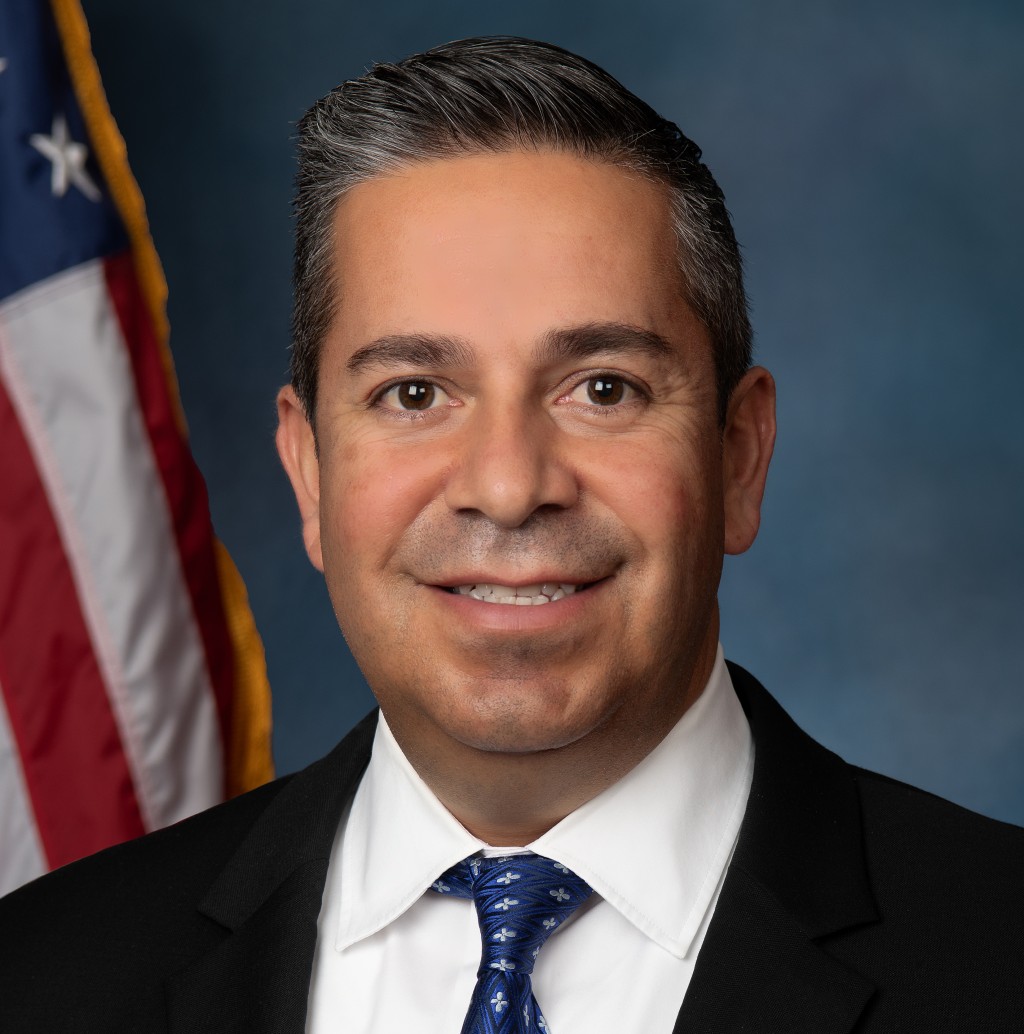Sen. Ben Ray Luján Takes Over Senate Communications Subcommittee
Cantwell said he will work on broadband inequity issues, among others
The smarter way to stay on top of the multichannel video marketplace. Sign up below.
You are now subscribed
Your newsletter sign-up was successful

It was all over in a matter of a few minutes, but Sen. Ben Ray Luján (D-N.M.), a new member of the committee, is officially installed as chairman of the Senate Communications Subcommittee.
That came on a unanimous vote at an executive meeting in the Senate Commerce Committee Thursday (Feb. 25). Committee chair Maria Cantwell (D-Wash.) said Lujan was "dedicated to working on issues of broadband inequities."
Lujan had already been named to head the subcommittee, but the vote made it official.
The full committee historically has done most of the heavy lifting on communications issues, especially under former chairman Jay Rockefeller (D-W.Va.) a decade ago, but the subcommittee's profile has grown in recent years under the chairmanships of Sens. Roger Wicker (R-Miss.) and John Thune (D-S.D.).
Thune will continue to serve as ranking member of the subcommittee.
Luján, who had been a member of the House before being elected a senator in 2020, was on the House Energy & Commerce Committee's Communications Subcommittee and is a member of the Congressional Hispanic Caucus. Before being elected to the House, he was the chairman of the New Mexico Public Regulation Commission.
While in the House, Luján pushed for rural broadband deployment and for unlimited voice minutes and data for the FCC's low-income Lifeline subsidy-eligible households for the duration of the pandemic.
The smarter way to stay on top of the multichannel video marketplace. Sign up below.
He also spoke out publicly against threats by President Trump to pull TV licenses. "I am both shocked and disappointed that President Trump today suggested the revocation of a major network’s broadcast license because he doesn’t like the negative light in which he has been portrayed in their newscasts," he said.
Also Read: Democrats Seek Political Ad Disclosures
That included introducing a bill, the Protecting Dissenting Viewpoints and Voices Act, that would have prevented the FCC from targeting broadcasters "or anyone else" on the basis of viewpoint, toughen FCC political ad disclosure rules, and boost broadcast diversity.
Contributing editor John Eggerton has been an editor and/or writer on media regulation, legislation and policy for over four decades, including covering the FCC, FTC, Congress, the major media trade associations, and the federal courts. In addition to Multichannel News and Broadcasting + Cable, his work has appeared in Radio World, TV Technology, TV Fax, This Week in Consumer Electronics, Variety and the Encyclopedia Britannica.

